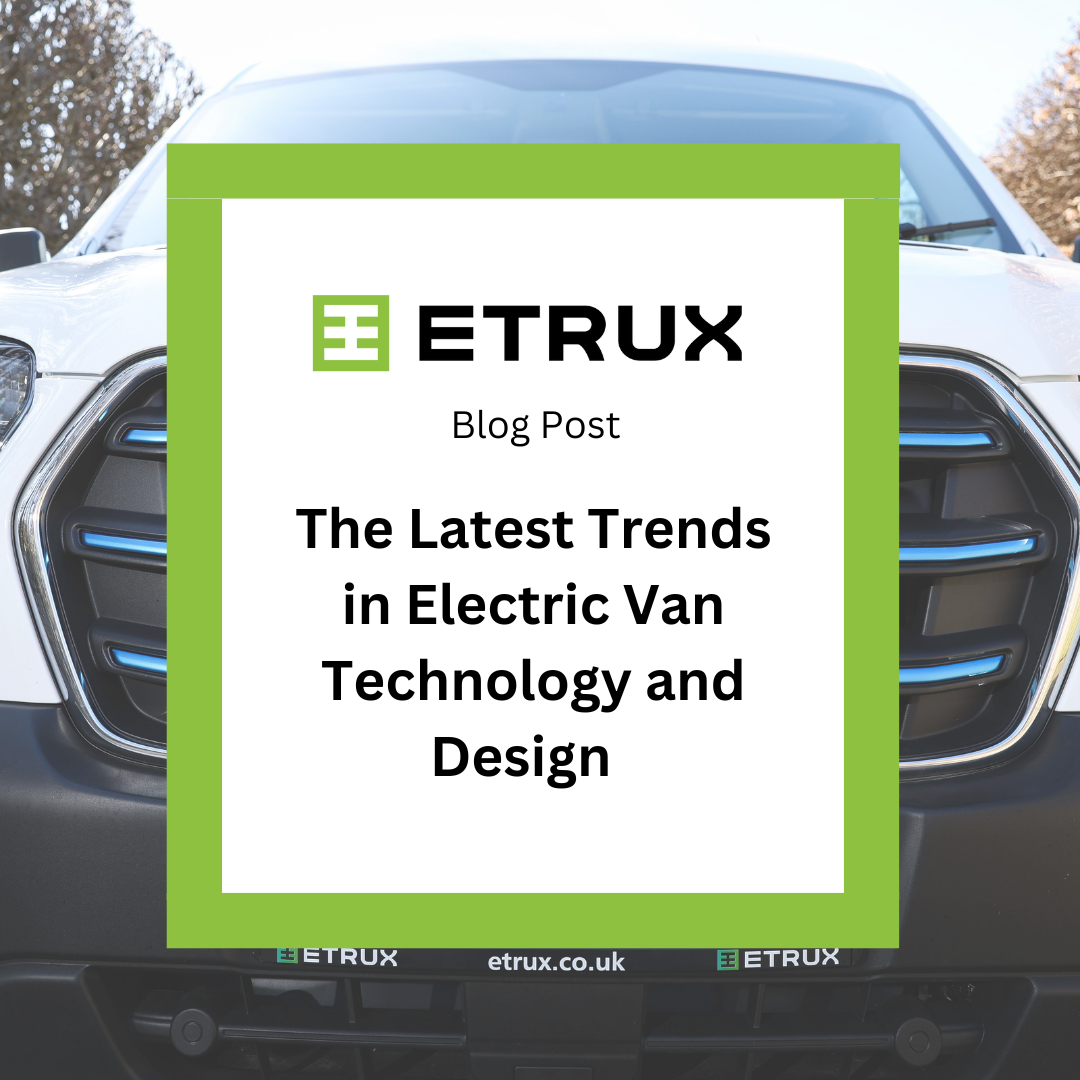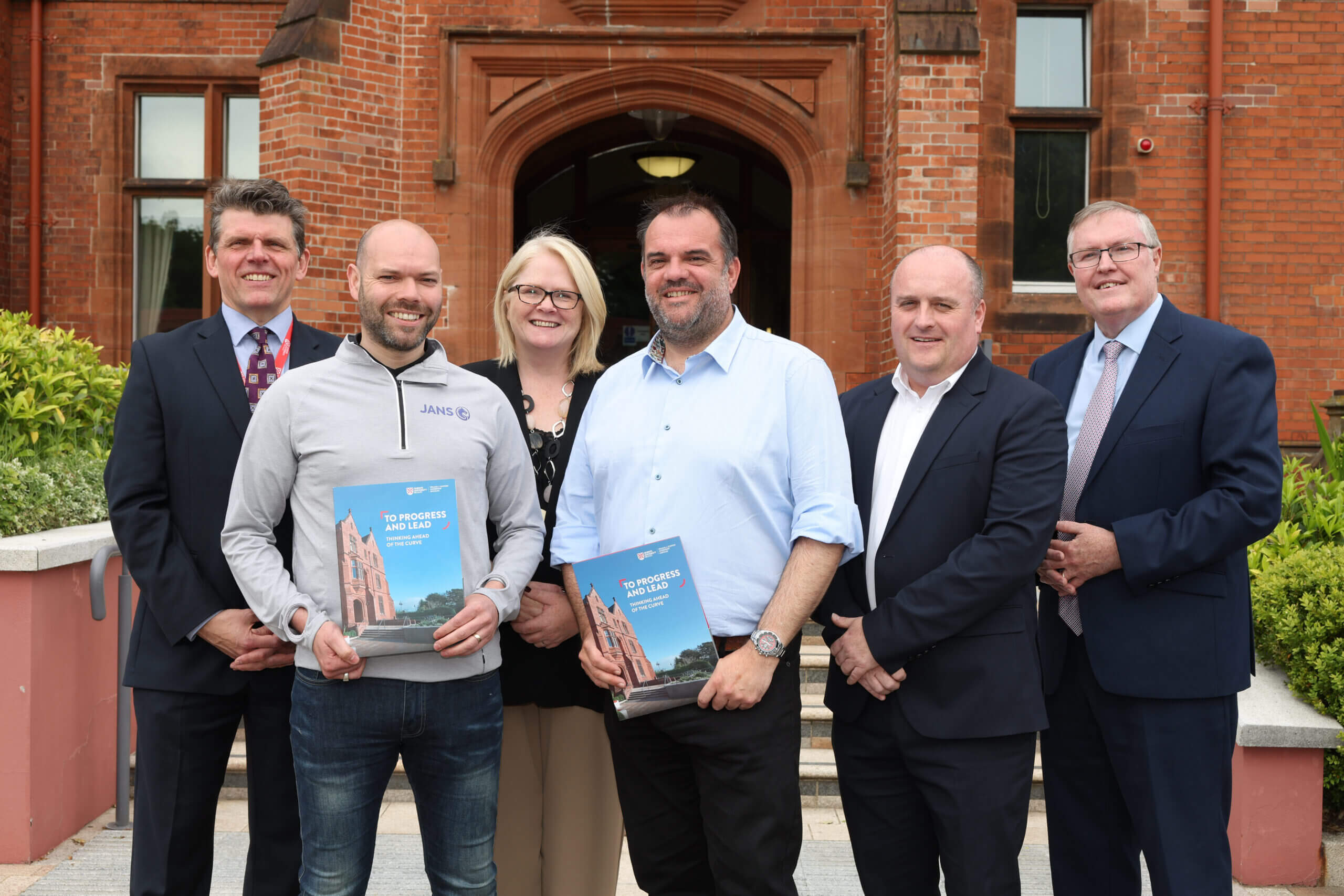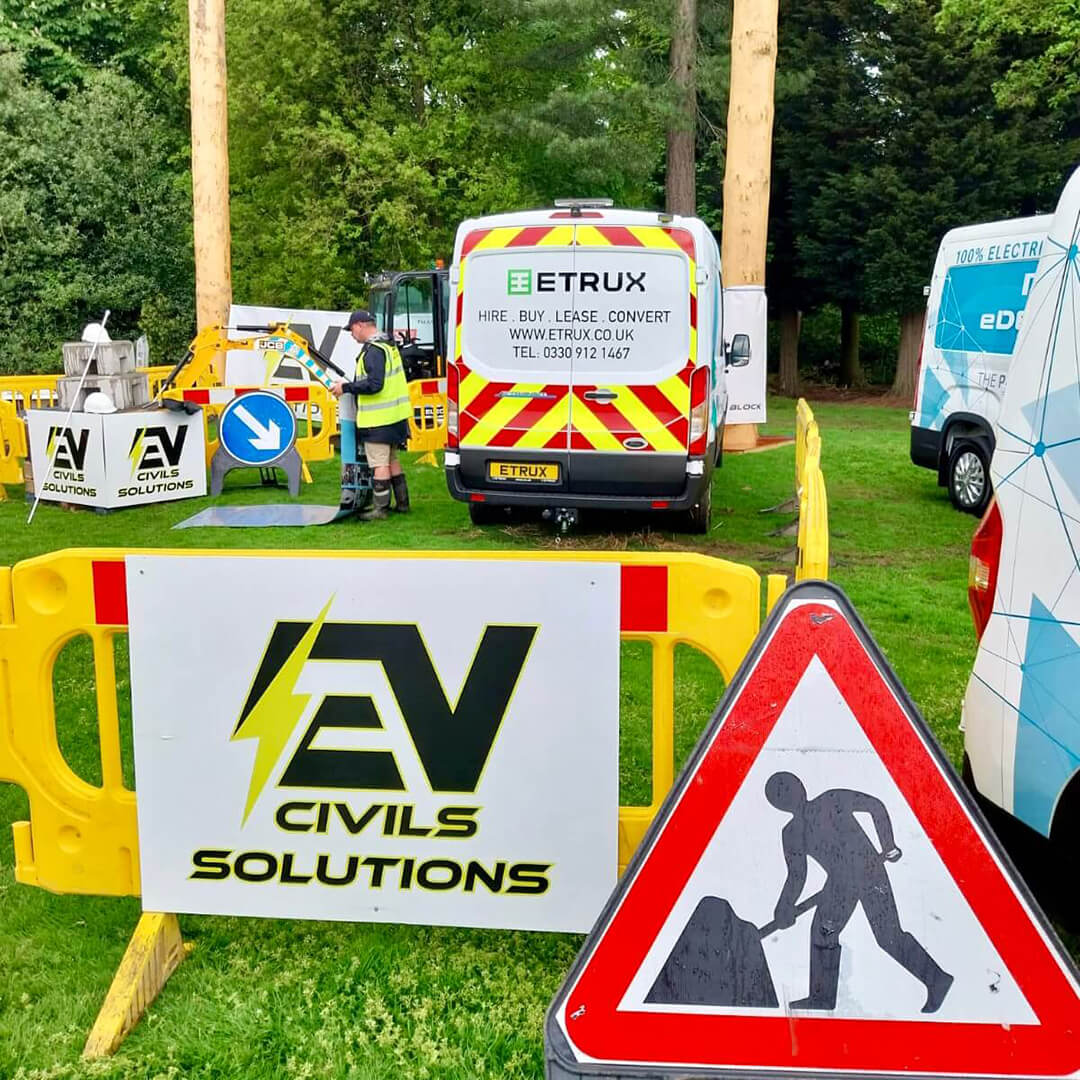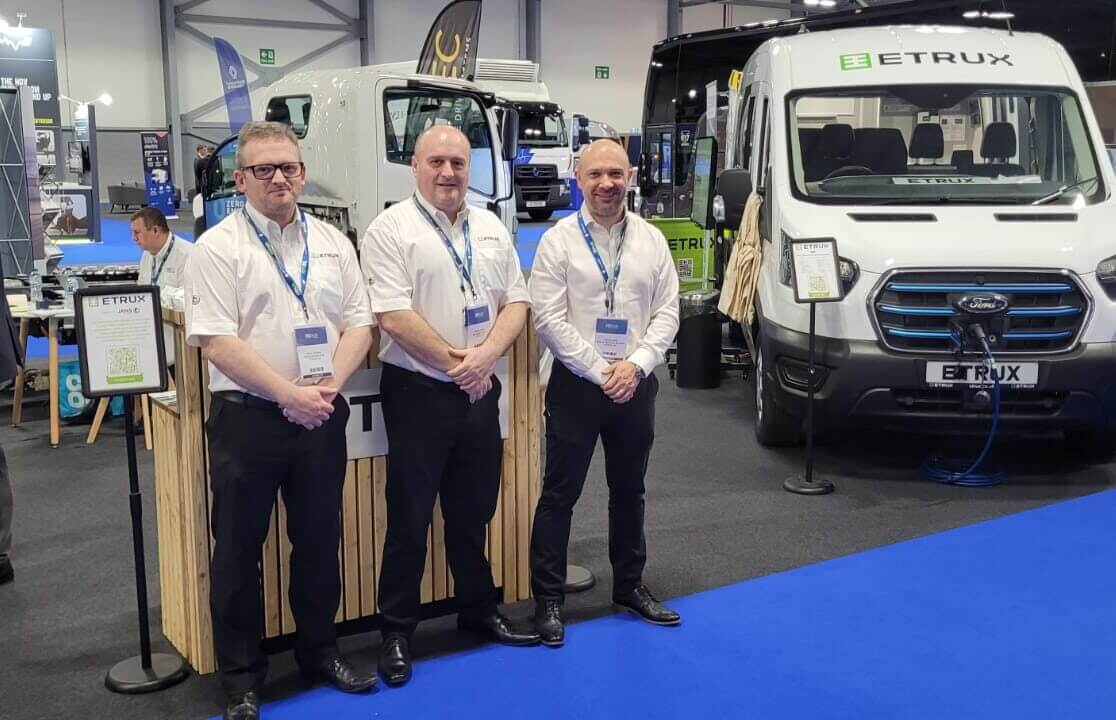With over 43,000 electric vans on the roads in the UK it is clear that the EV industry is growing at a steady pace. In June 2023, the SMMT reported that just over 7,000 new electric vans were registered in the UK, that is an increase of 15.5% compared with the same period last year.
There’s now a wide variety of electric vans available to purchase, hire or lease, ranging from large panel vans such as the Mercedes e-Sprinter and Ford e-Transit to compact models like the Citroen e- Dispatch and Volkswagen ID Buzz Cargo. With growth comes new technological advancements, and in this blog, we investigate how the EV market is evolving and what we can expect in the future.
How Are Businesses Adapting to EV?
Where initially many companies were hesitant, it’s clear to see that the attitudes of both business owners and the wider public are changing. In the latest Volkswagen commercial vehicle annual survey, results showed that 70% of van drivers in the UK thought that an electric vehicle would be a viable alternative for their business, this is a 40% increase on previous years!
As companies come under increasing pressure to look at greener transport to meet with the UK governments net zero targets, the automotive industry must scale up and adapt to meet the increase in demand. Tesco has committed to a fully electric home delivery fleet in the UK by the end of 2028 and other large companies such as Amazon, FedEx and IKEA are all following suit and investing heavily in transitioning their fleets to electric. According to Vansdirect, electric vans now account for approximately one in 24 of all new van sales in the UK. IKEA has also joined the host of businesses who are installing EV charging points at all of their locations to make it easier for drivers to charge their vehicles.
What Are Manufacturers Doing to Improve The Performance Of EVs?
One of the primary concerns many van drivers have when it comes to switching to an EV is the mileage range and if they will reach their destination on one charge. Battery technology is advancing, and EV ranges are increasing to over 250 miles on a single charge – proving that EVs are not only environmentally friendly but economically efficient.
This extra mileage is largely down to how electric vehicles are being manufactured. With the development of innovative, lightweight and robust components vehicle manufacturers are able to maximise payload per journey and lower overall transportation costs in the process. Lightweight components are not affecting reliability with many EV owners reporting a significant decrease in service and maintenance costs required for their electric vehicles unlike their petrol or diesel equivalents. According to the RAC, electric and hybrid vehicles have proven to be some of the most reliable vehicles on the road.
Improvements in Battery Technology
Distinctively the heaviest component of an electric van is the battery. However, battery manufacturers are working on ways to make the lithium-ion batteries lighter. These new types of batteries allow for greater energy storage in tighter, lighter frames giving the vehicle a longer range and greater efficiency. Batteries are also proving to be highly reliable, with many manufacturers offering longer warranties.
Advancements In Charging
One of the main barriers to adopting electric vehicles is the preconceived idea that there is a lack of infrastructure and charging technology readily available. Whilst this may have been the case in the past, there are currently 47,737 charging points dotted across the UK, representing a 40% increase on July 2022 and with new charging points being installed in towns and cities across the UK everyday there are no signs of it slowing down. In March 2022, the UK government pledged £1.6 billion worth of funding for public chargers as part of their Electric Vehicle Infrastructure Strategy.
A number of studies have shown that the vast majority of EV drivers would not go back to driving a petrol or diesel vehicle after making the switch to an electric vehicle, demonstrating that people are happy with their decision to move fully electric and are beginning to embrace the benefits.
To make charging vehicles easier there are a range of apps available to download onto a mobile device that will show EV drivers where charging points are located, enabling them to plan their driving routes accordingly. It is also possible to pay for charging using the app. With several apps designed specifically for business users, they will help fleet managers to manage their drivers, payment information and collaborate on the go via the app.
Companies are increasingly being encouraged to consider future proofing their fleets in line with the UK governments regulations. London is among a number of other UK cities that have announced new Ultra Low Emission Zones (ULEZ) and Low Emission Zones (LEZ) aimed at deterring drivers from driving vehicles that do not meet the minimum emission standards, and any vehicles that are not compliant will be charged a daily fee, whereas EVs that do comply will be able to drive free of charge.
Many companies and organisations are committed to ESG strategies with the aim of reducing their emissions and improving their carbon footprint. A large percentage of their plans are focused on reducing transport emissions, and the so-called ‘race to decarbonise’ has led to many businesses making the switch EV ahead of 2030.
If you’d like to join the list of businesses that have seen the benefits EVs have to offer, why not contact the team at ETRUX at info@etrux.co.uk where our team can take you through the process of transitioning your fleet and making your transport reliable, efficient, and fit for the future.






